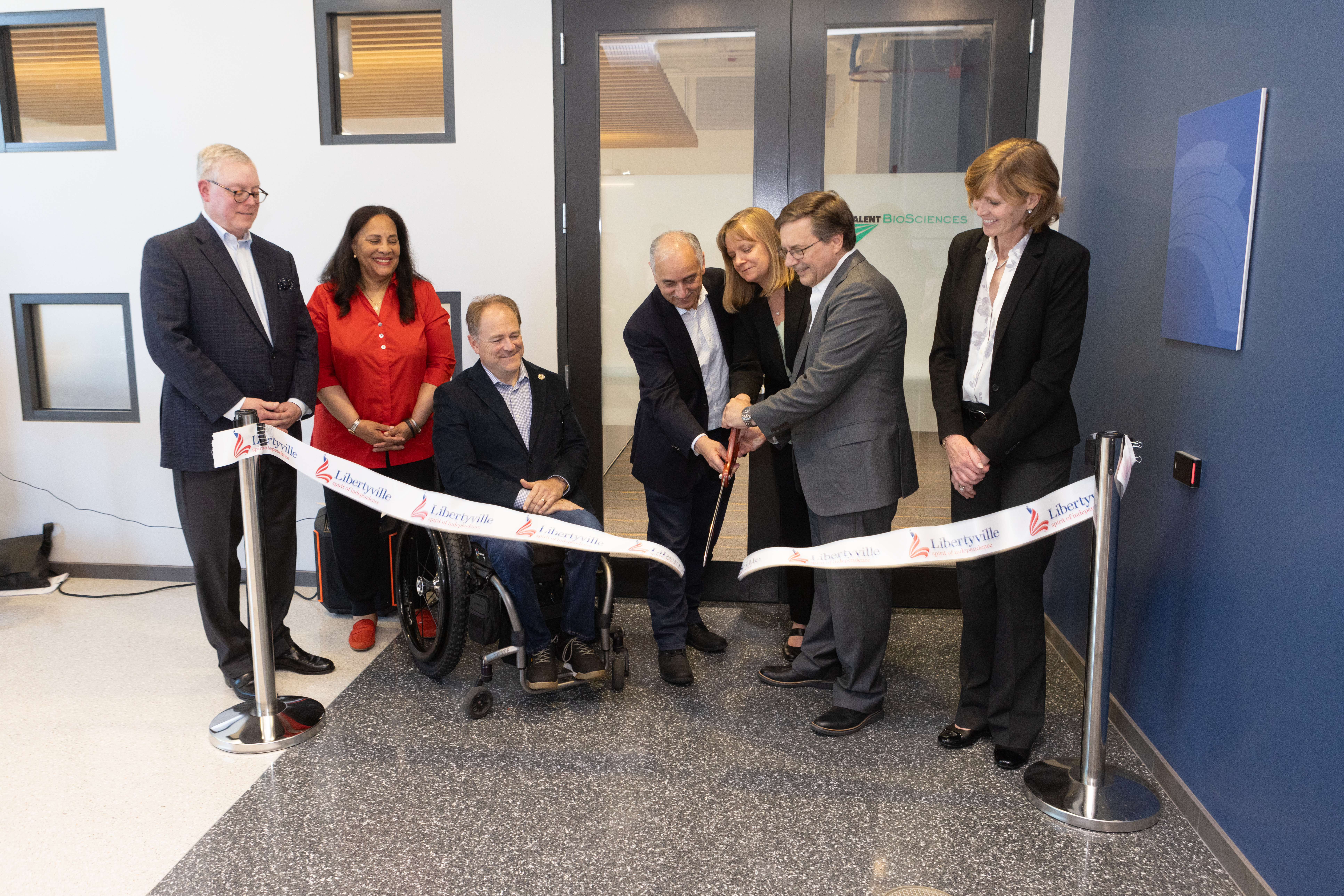
LCP joined Valent BioSciences in celebrating the grand opening of the new Venburg Wing at the company’s Melnik and Shafer Biorational Research Center in Libertyville, Illinois, during a special ceremony. The event included remarks by Valent BioSciences senior leaders, local government and economic development officials, a ribbon cutting, plaque dedication, and refreshments for attendees and company employees.

Driven by business growth that has accelerated the need for additional research and development facilities, the state-of-the-art Venburg Wing includes new laboratory and pilot plant areas, offices, and meeting rooms. The space is named after Dr. Greg Venburg, Senior Director, Global Research at Valent BioSciences, who has served in a variety of leadership positions for the past 33 years. He currently manages the company’s interdisciplinary scientific research programs and research staff.
“This new wing in the Melnik and Shafer Biorational Research Center honors Greg’s many accomplishments over his long and distinguished career,” said Salman Mir, President and CEO of Valent BioSciences. “He has served in various R&D leadership roles and overseen the research, development, and introduction of major biorational technologies and products. Greg was also central to the planning, design, and construction of this facility and provided essential vision and leadership in forming the research teams working to develop innovative solutions to new and emerging biorational needs and opportunities. His contributions have been essential in helping us strengthen our industry leadership position.”
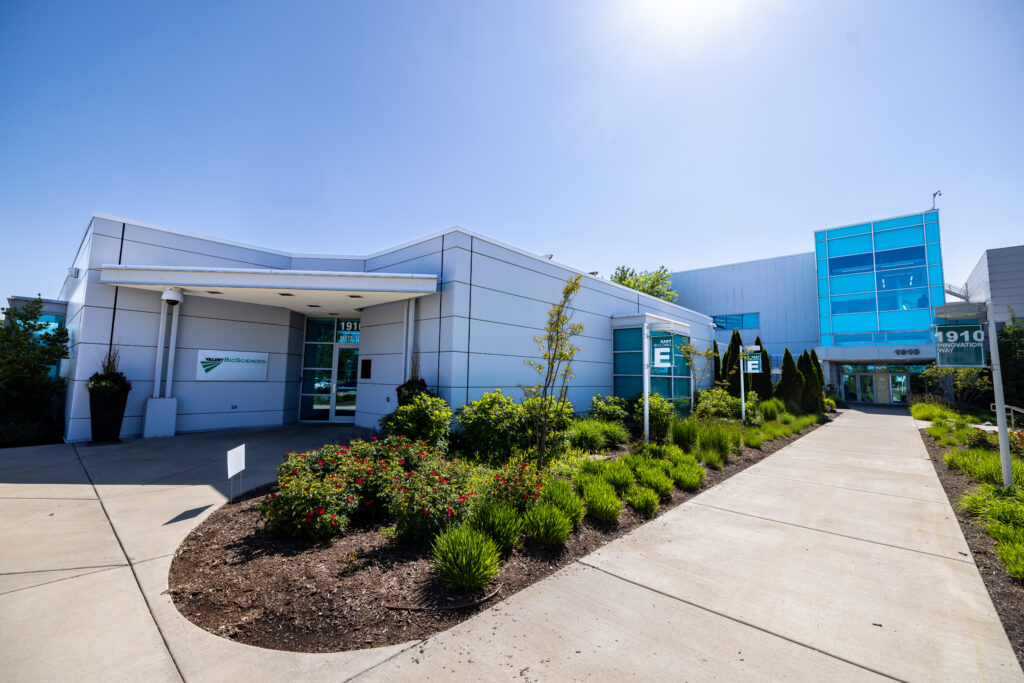
“I want to extend my congratulations to Valent BioSciences as they embark on this exciting expansion,” said Lake County Board Chair Sandy Hart. “Lake County is at the heart of life science and advanced manufacturing innovation because we have the talent, infrastructure, and resources to support growing companies and the quality of life their employees are looking for.”
“I’m thrilled to celebrate the Valent BioSciences expansion and am grateful for the firm’s long presence and continued investment in our community,” said Donna Johnson, Mayor, Village of Libertyville. “This is an example of the many innovative firms that continue to be attracted to the Village of Libertyville given the skilled employment base, strategic location, and supportive business environment.”
Through years of operating locally, Valent BioSciences’ leadership has become intimately familiar with all that Lake County has to offer businesses. The company’s decision to expand locally is a reflection of the community’s abundant talent, ideal location and high quality of life. These attributes have made Lake County a natural choice for companies looking to grow.
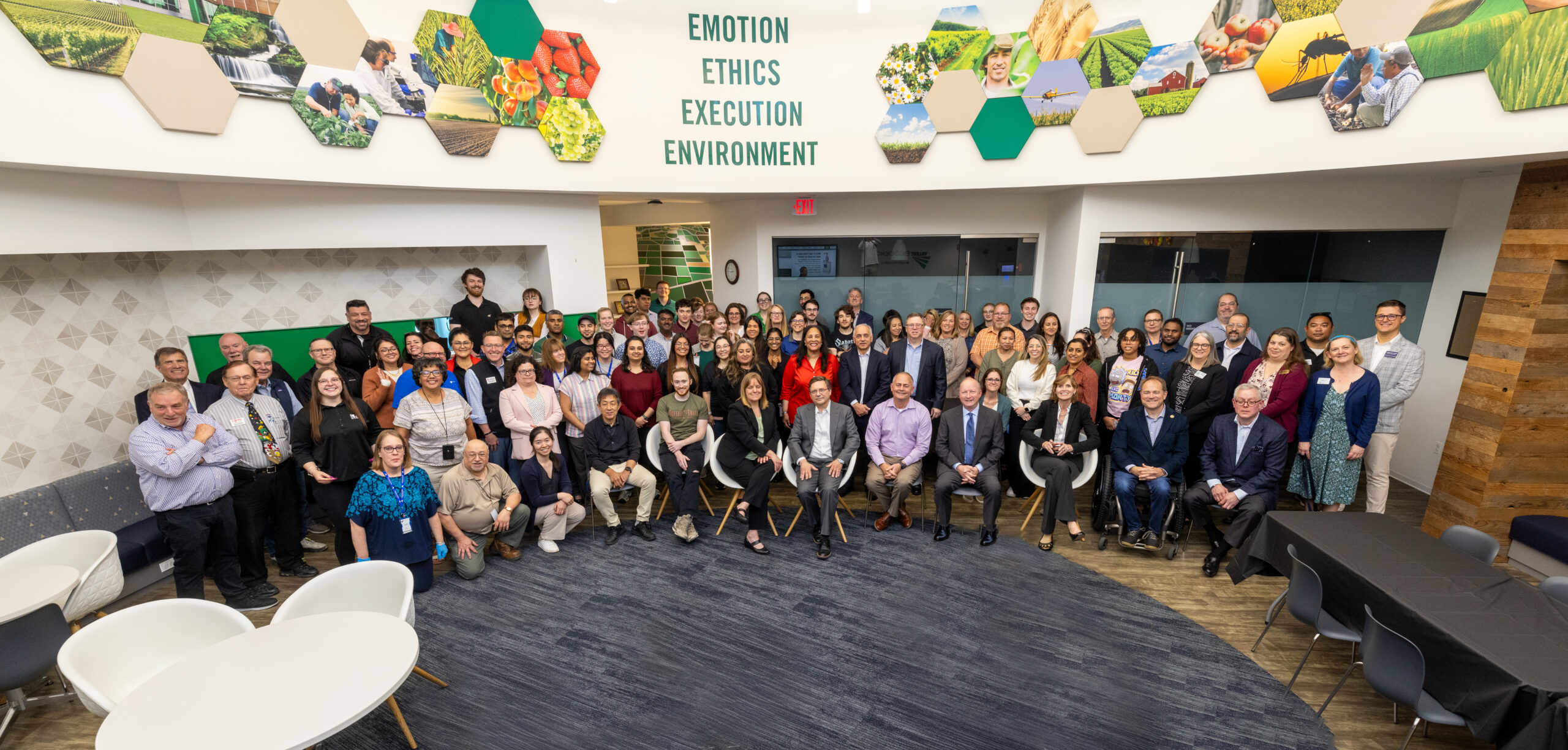
Likewise, Lake County’s strength is a direct reflection of responsible corporate citizens like Valent BioSciences, who take the time to work in the community to make a difference through in-kind and financial donations as well as volunteer support. At the ribbon cutting, local leaders stressed their appreciation of Valent BioSciences’ thoughtful approach to the environment, food security, community health and STEM education.
In particular, County Board Chair Sandy Hart thanked Valent BioSciences for its long-standing support of the Lake County Forest Preserves, where company employees removed invasive buckthorn to help us restore Rollins Savanna – one of the county’s largest prairie restoration projects, designed to create a natural habitat for grassland birds, waterfowl, and other wildlife. The company has also advanced the annual seed collection initiative by harvesting rare seeds that are being used in various Forest Preserve restoration projects; in fact, more than 300 seedlings have been donated and new gardening beds have been built for GreenTown Grows, a nonprofit community garden in Waukegan that has been providing local food pantries with fresh produce since 2007.
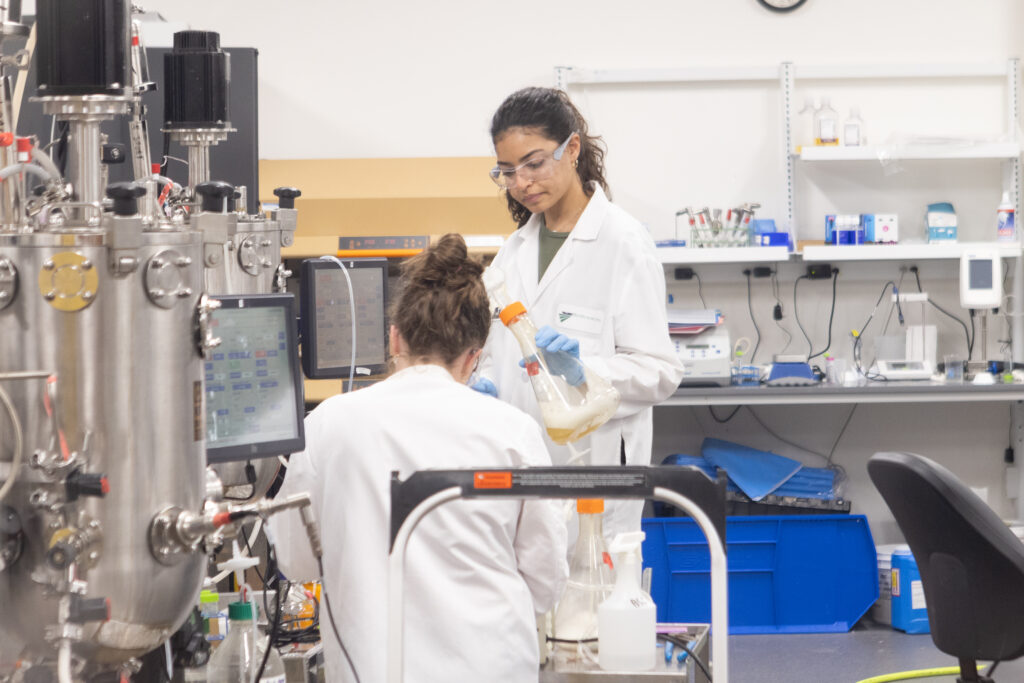
In Vernon Hills, Valent BioScience scientists joined a Lake County STEM for Girls event for hands-on experiences. From using microscopes to exploring thumbprints, they introduced students to fermented foods, microbes, and agriculture pests and inspired a new generation of leaders. Those examples, coupled with the company’s annual charity walk to support the Special Education District of Lake County, its team’s volunteer hours spent packing meals at Feed My Starving Children and blood drives and donations to CASA Lake County have made Valent BioSciences a prime example of the major impact that companies can have when the take the time and put forth the effort to invest in the community.
Valent BioSciences is also undertaking a major expansion at its Osage, Iowa, manufacturing facility that will be completed in early 2025. The additions include new production-scale fermentation and recovery equipment, a new pilot plant facility, and expanded laboratory space. To support its sustainability initiatives, the company has restored 34 acres of native prairie land adjacent to the Osage facility that will sequester approximately 170 metric tons of carbon dioxide annually, helping mitigate the effects of greenhouse gases in the environment. The company also operates a 12-acre solar field on land adjacent to the prairie that provides a portion of the Osage facility’s total annual electricity usage.
Headquartered in Libertyville, Illinois, Valent BioSciences is a subsidiary of Tokyo-based Sumitomo Chemical Co., Ltd. Valent BioSciences is a global leader in the research, development, manufacturing, and commercialization of biorational products and technologies used in agriculture, public health, and forest health. Through its expertise in bioscience, Valent BioSciences helps growers profitably sustain their land and legacies and protects the public from insect-borne disease. The company has more than 60 years of experience bringing biorational products to market in more than 95 countries worldwide. Valent BioSciences is also the parent company of Mycorrhizal Applications LLC, a leading supplier of arbuscular mycorrhizal fungi-based products.
How Can Lake County Partners Help Your Business Grow?
As Lake County’s economic development engine for over 25 years, Lake County Partners excels at working with business leaders to make decisions, leverage resources and grow in the community. Click here to connect with us and see how we can help you.

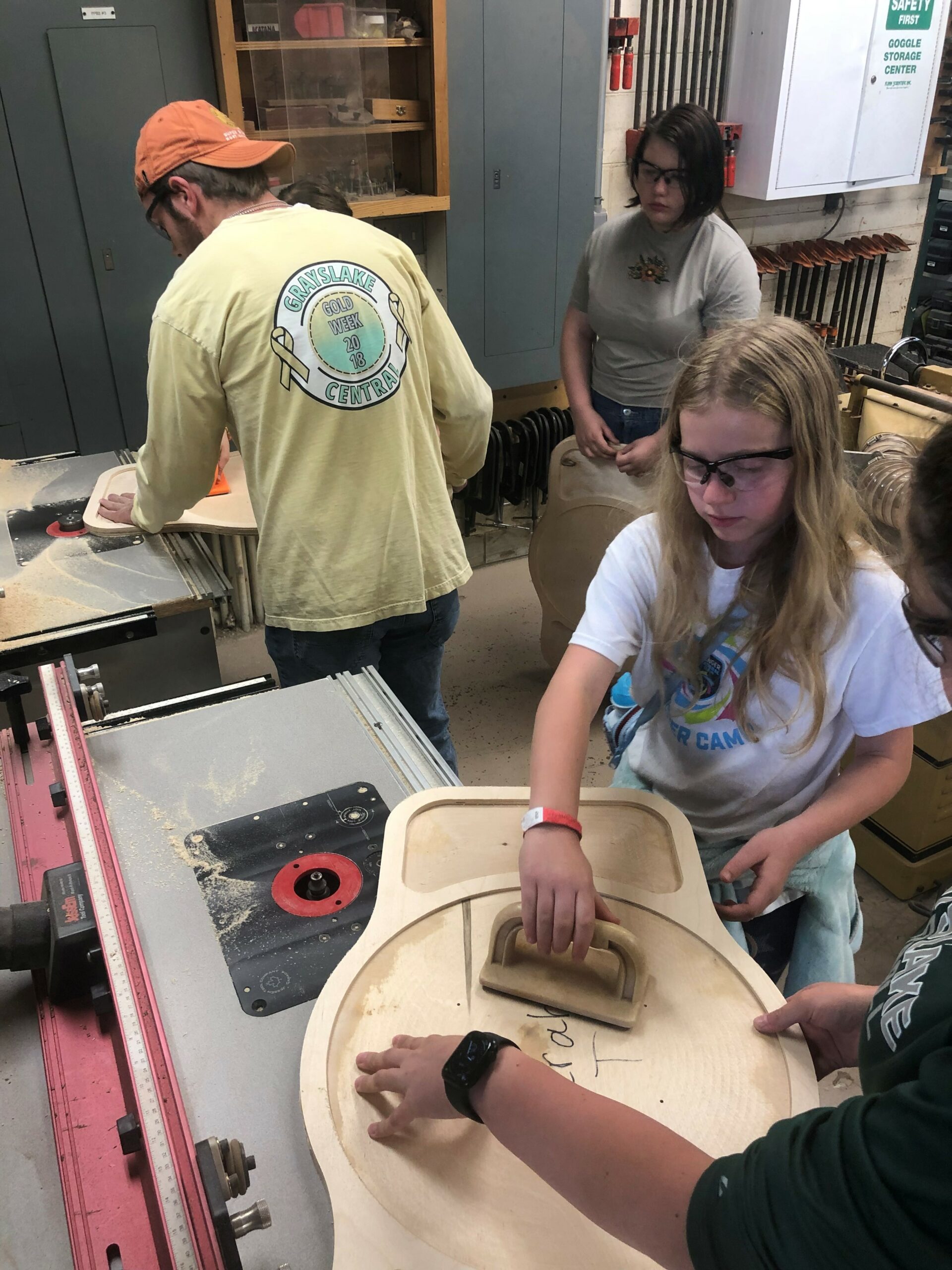



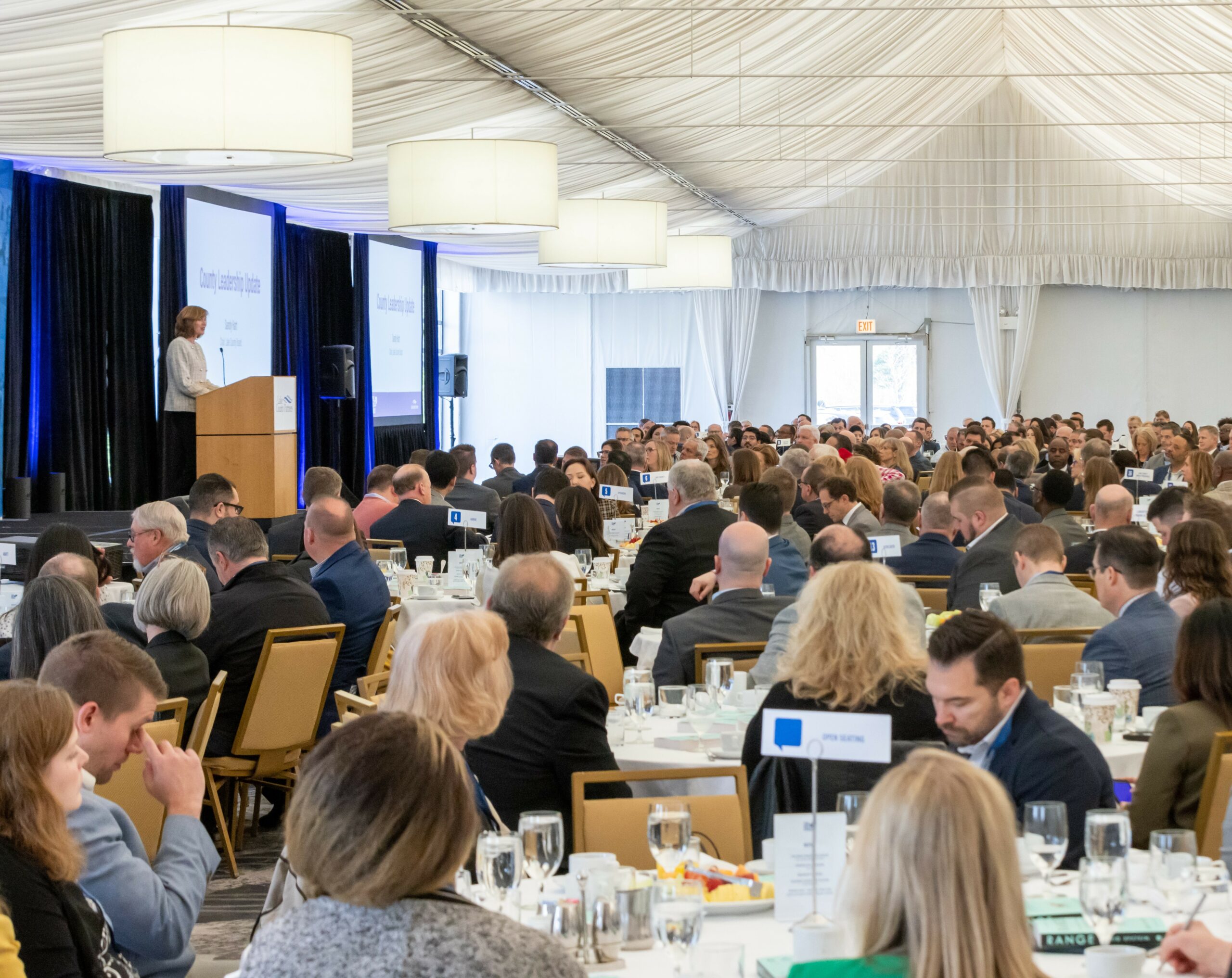
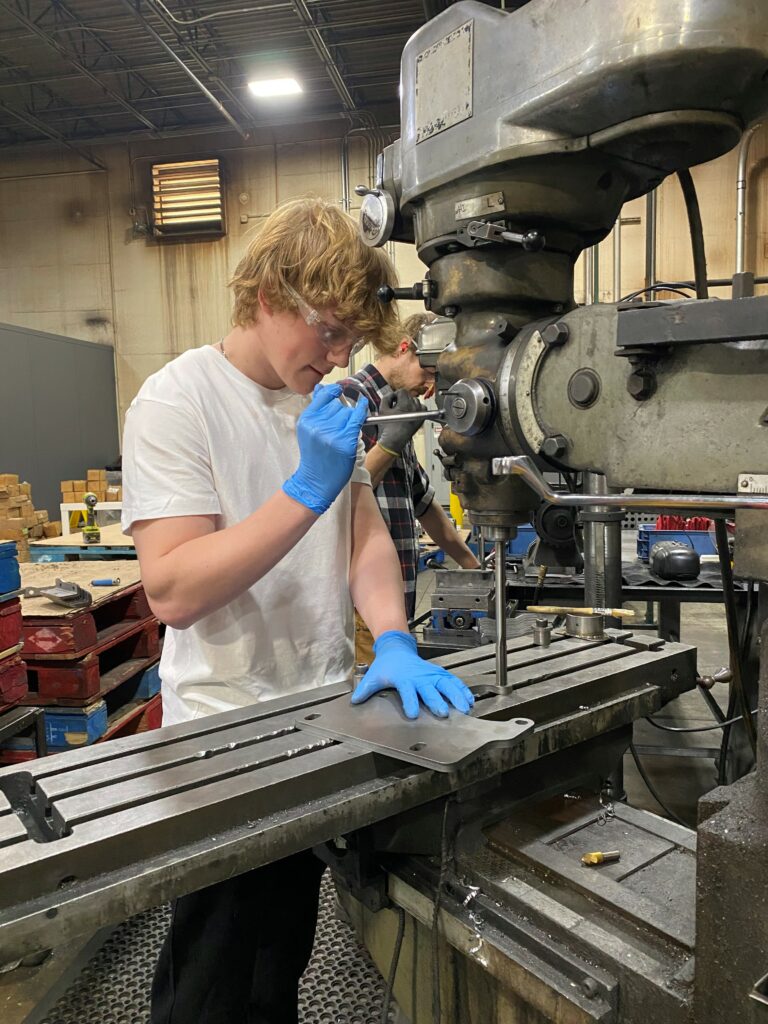
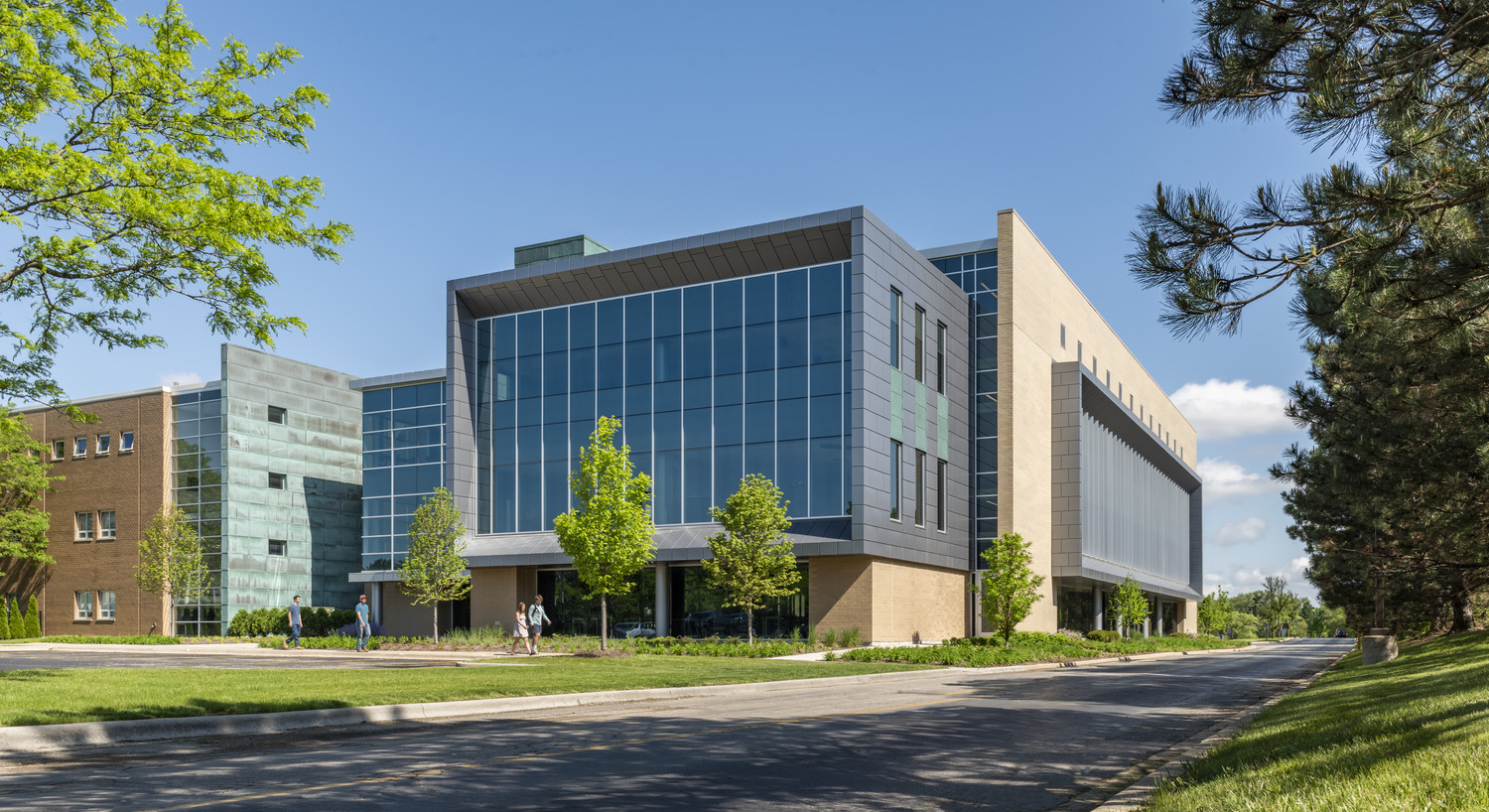
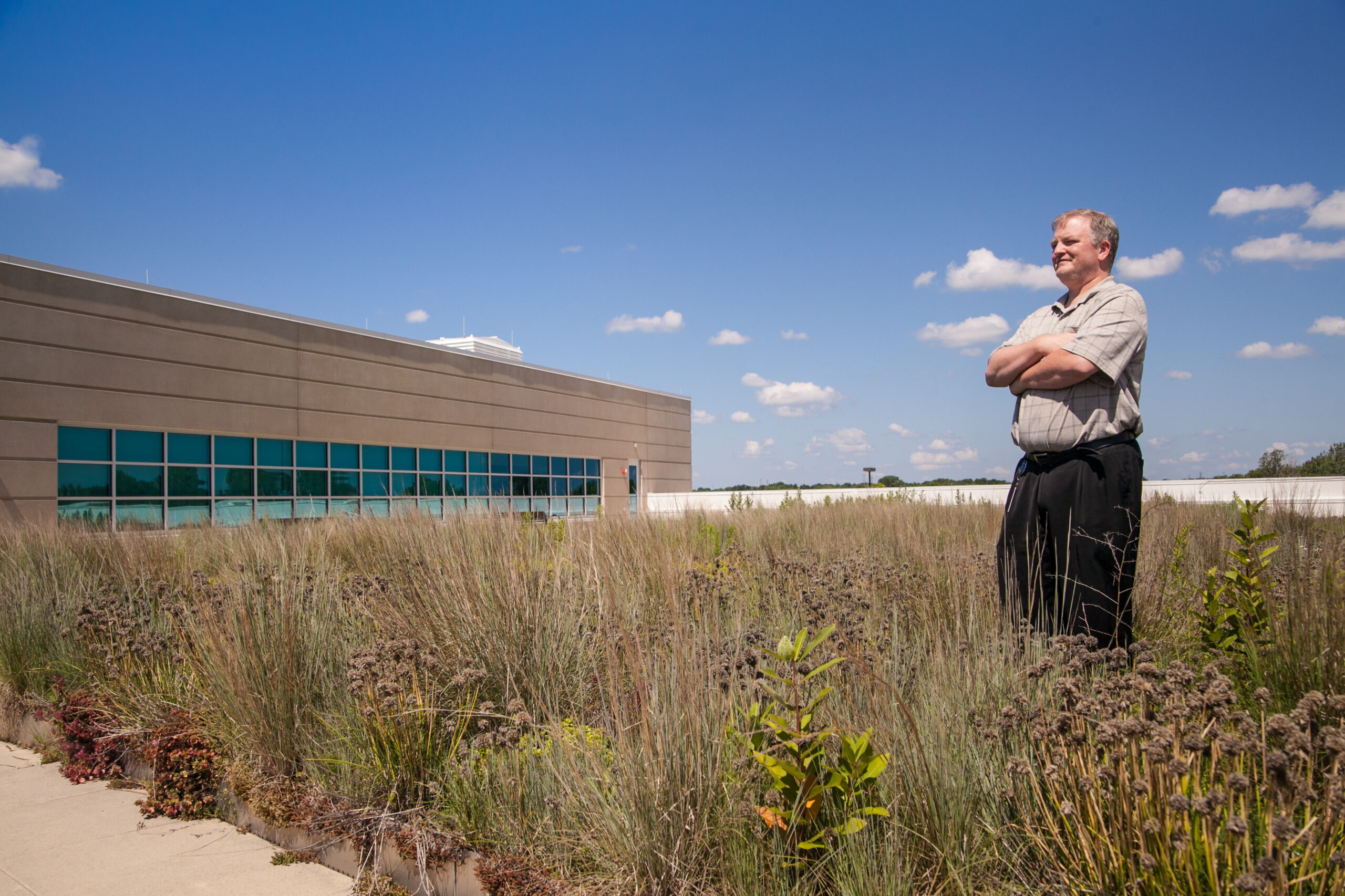

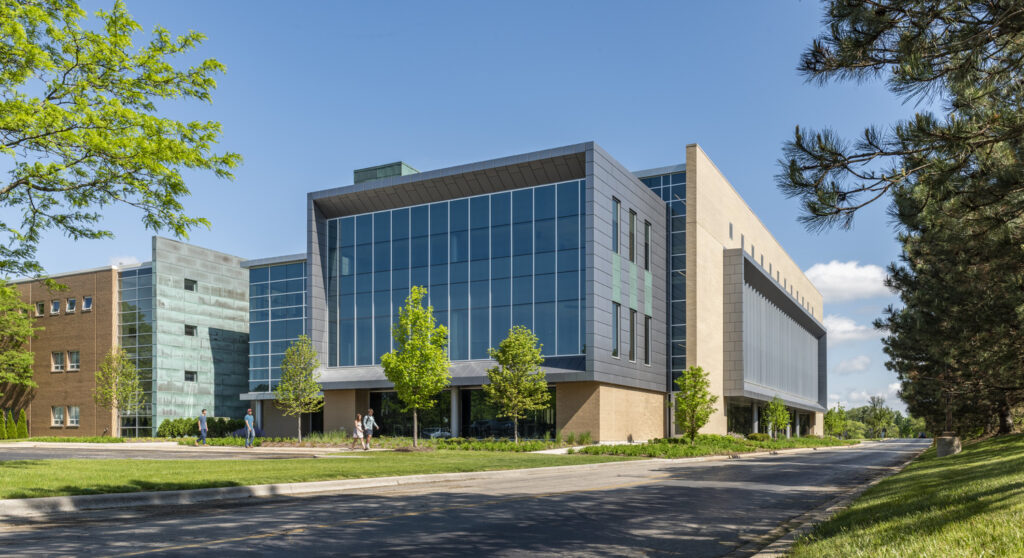
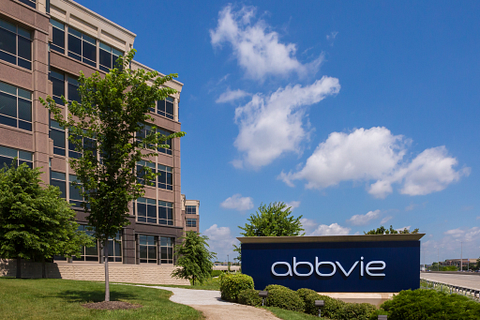
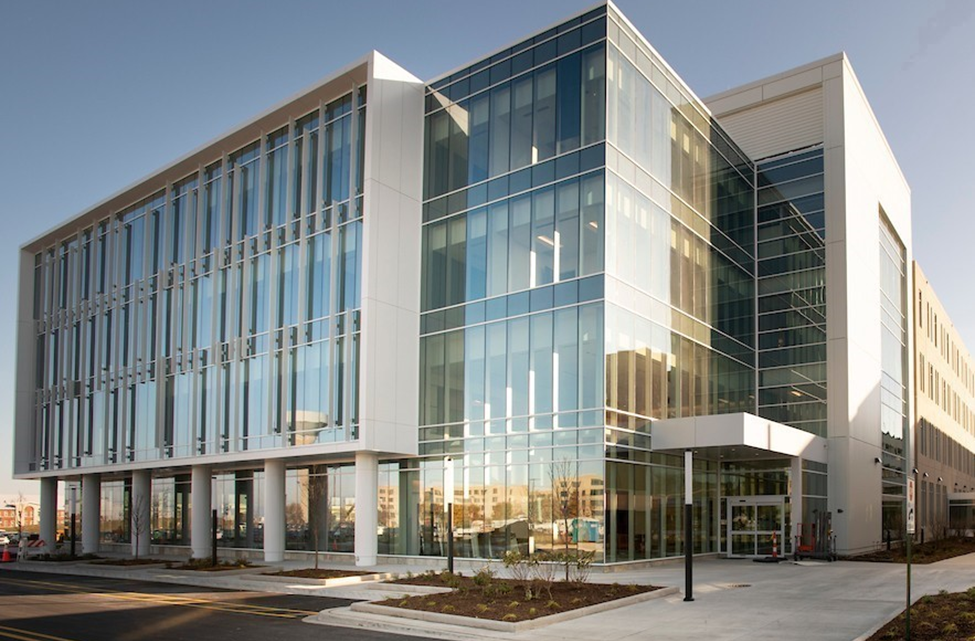
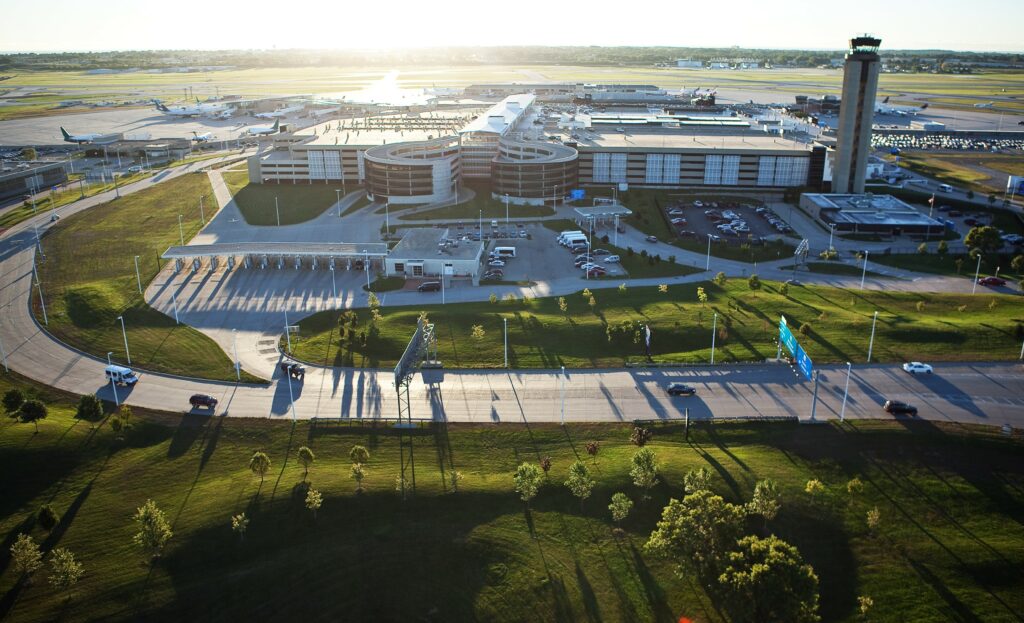

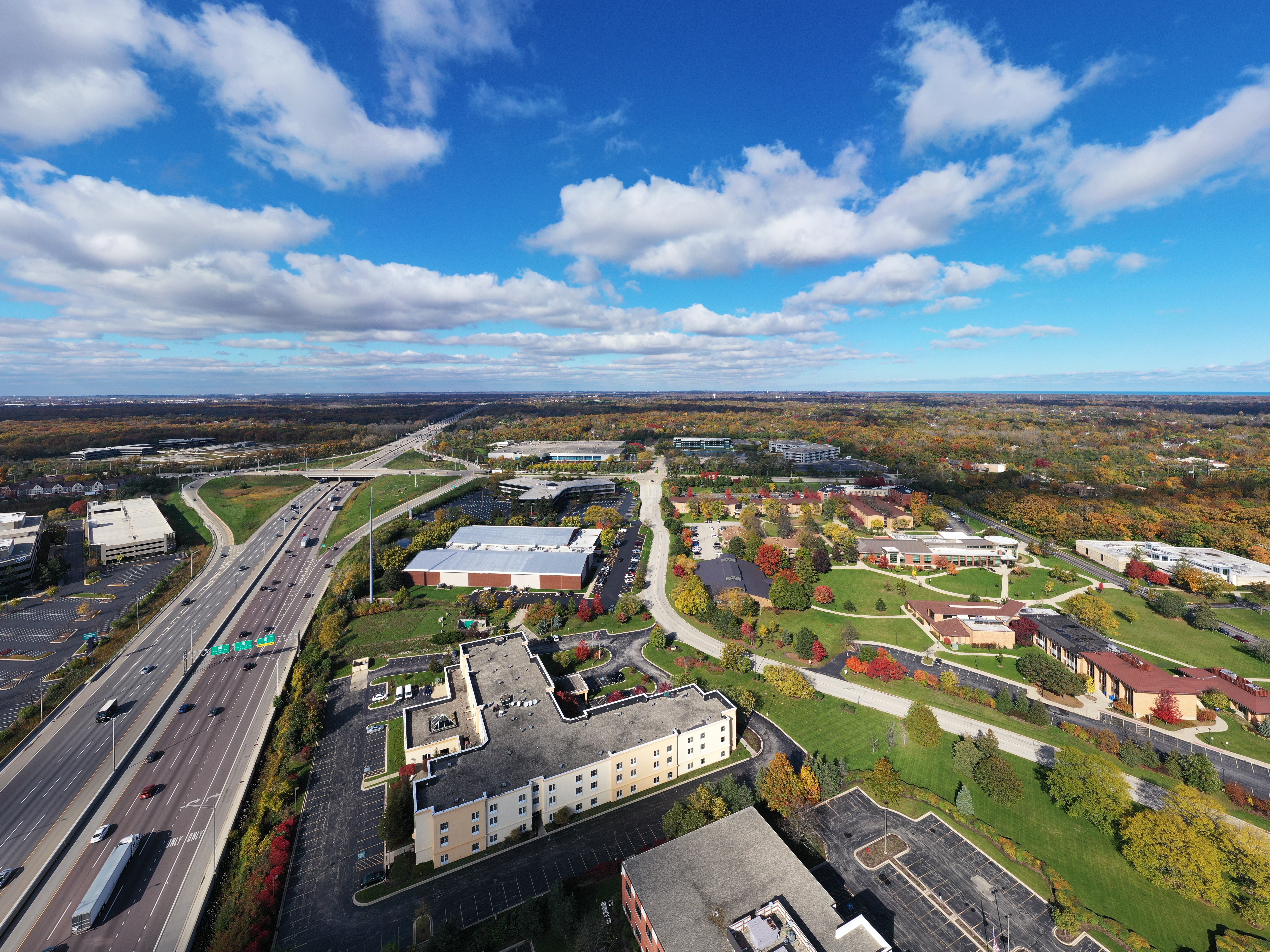
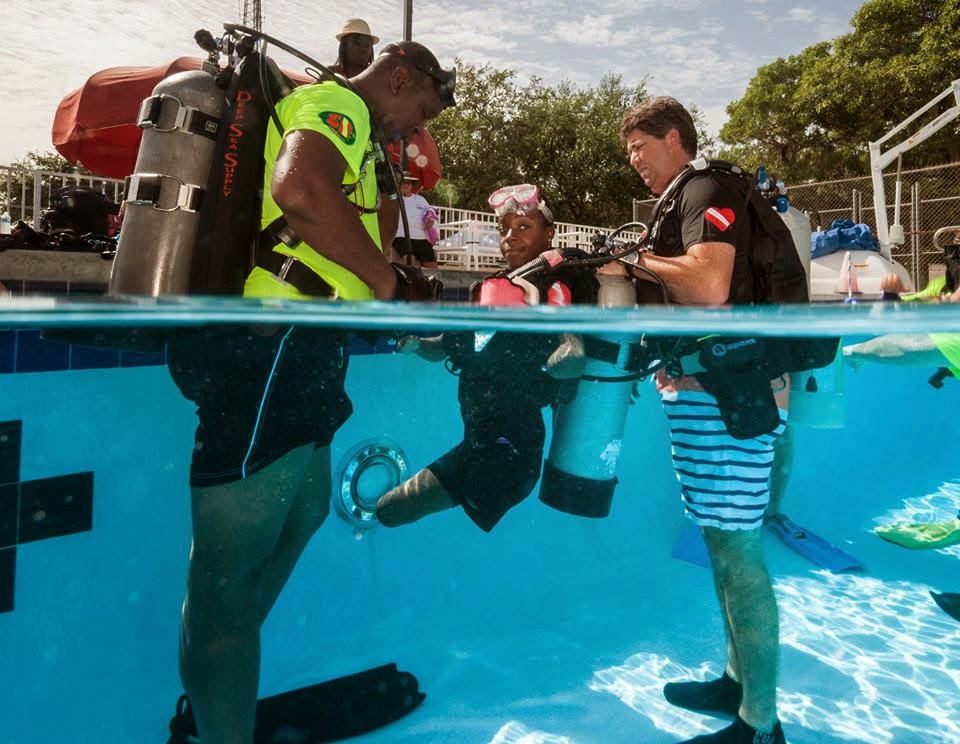


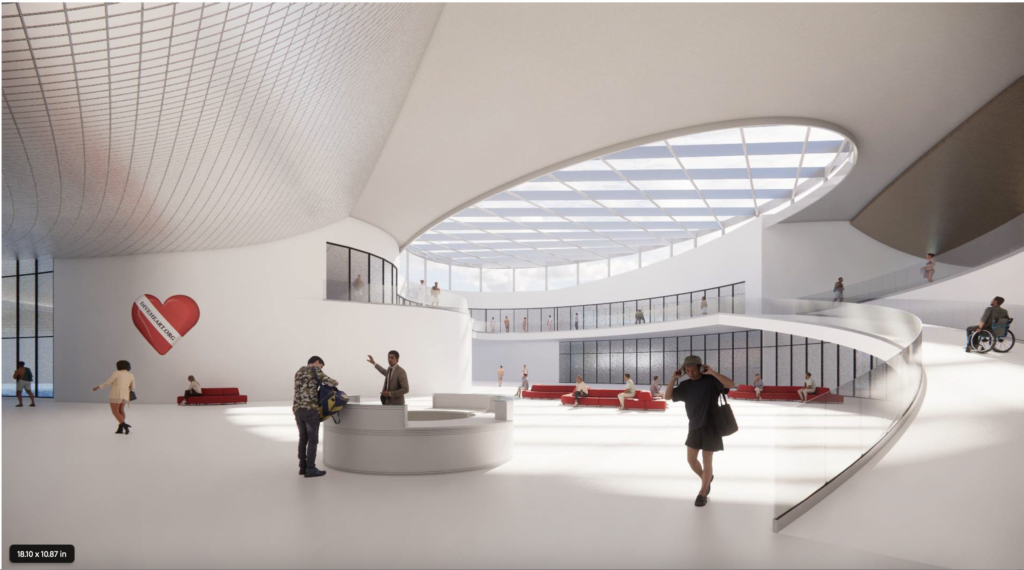
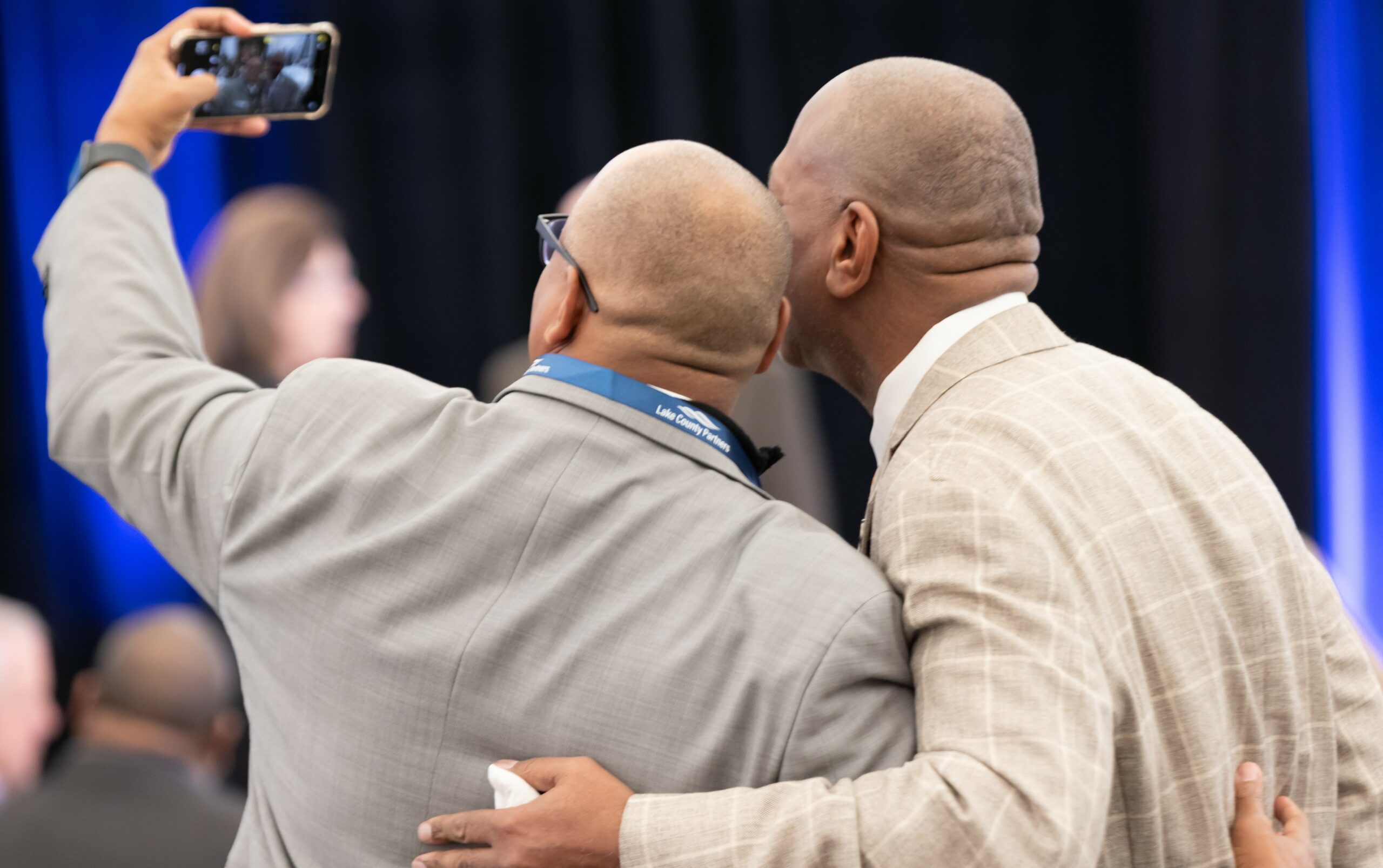

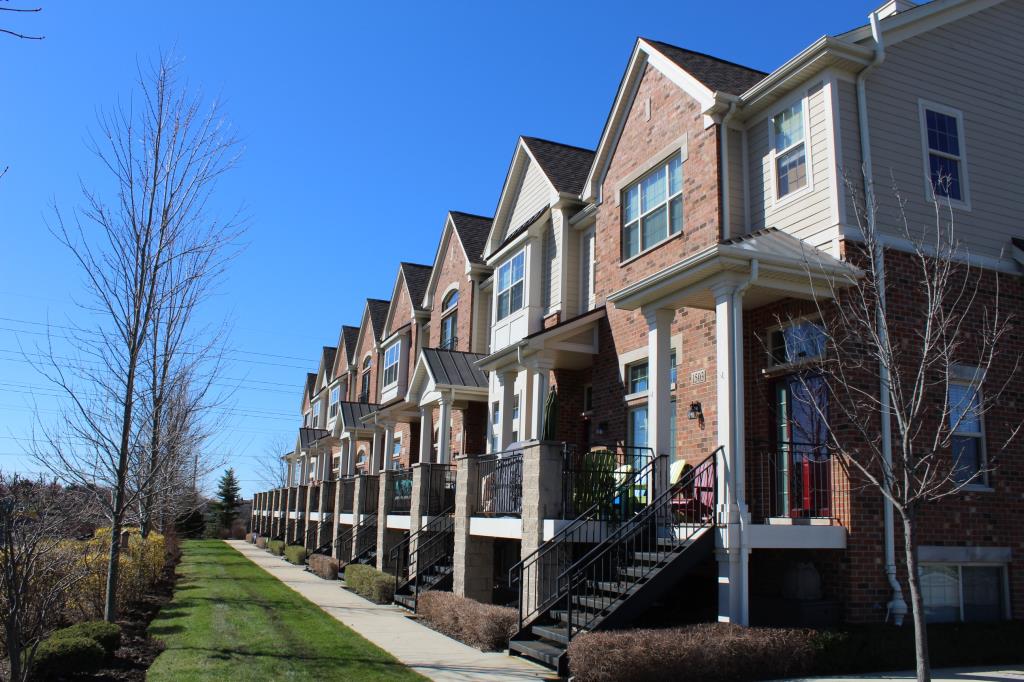
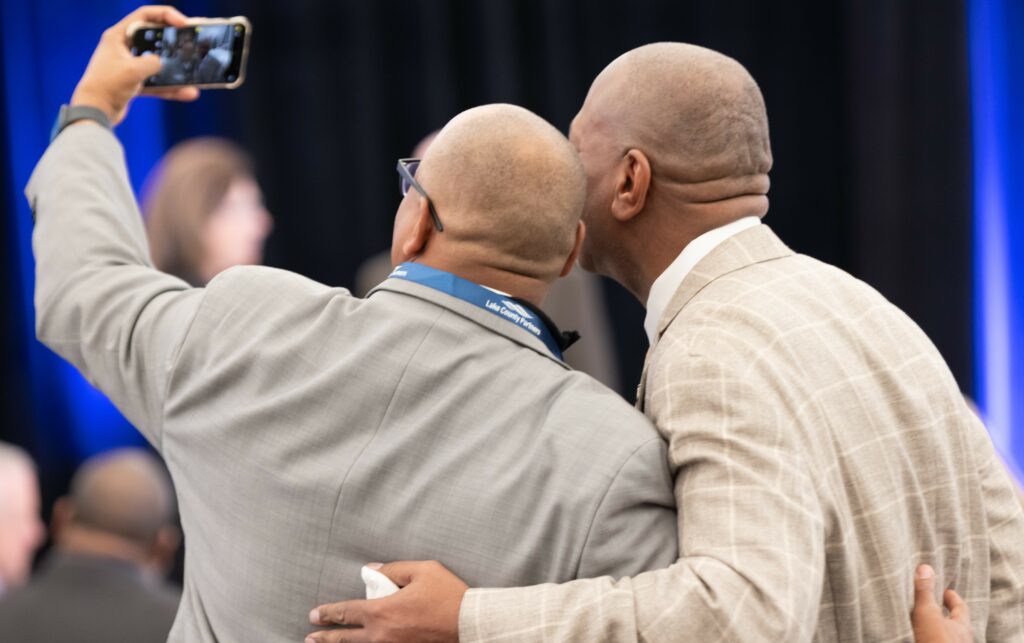
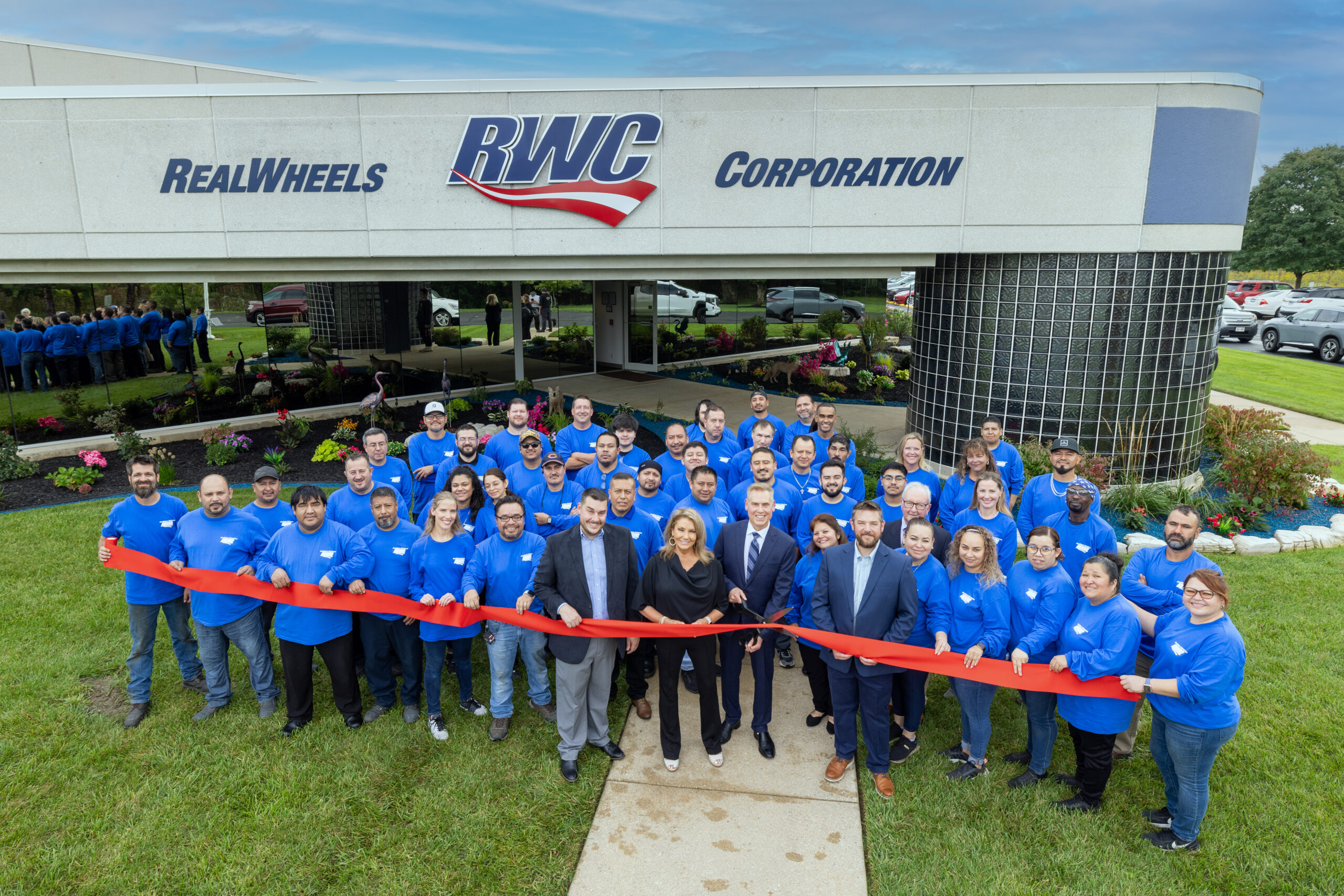

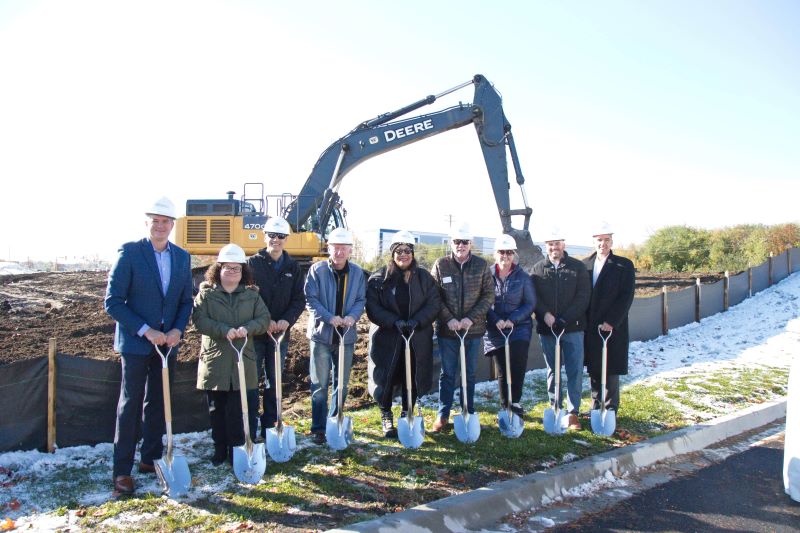

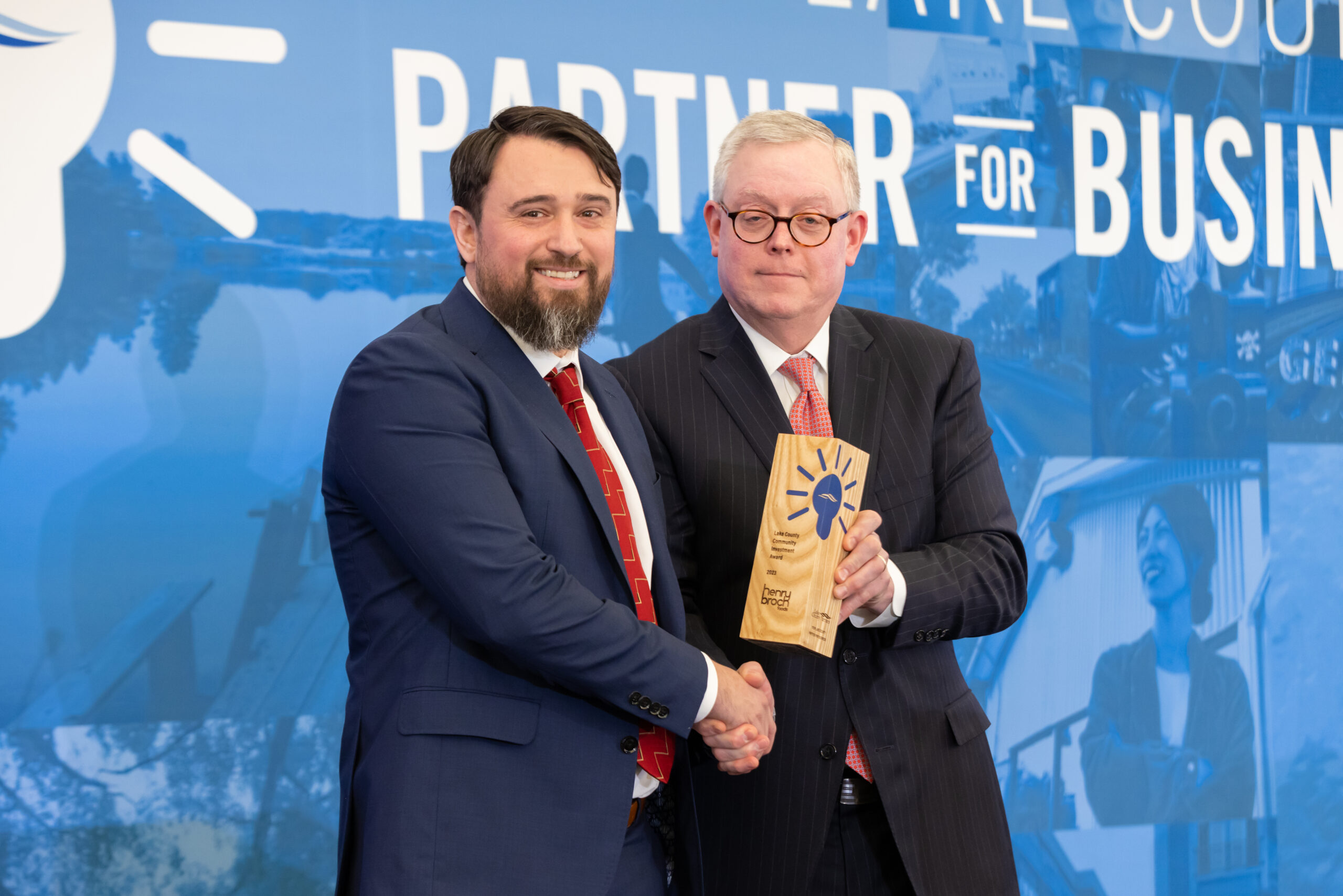

Recent Comments